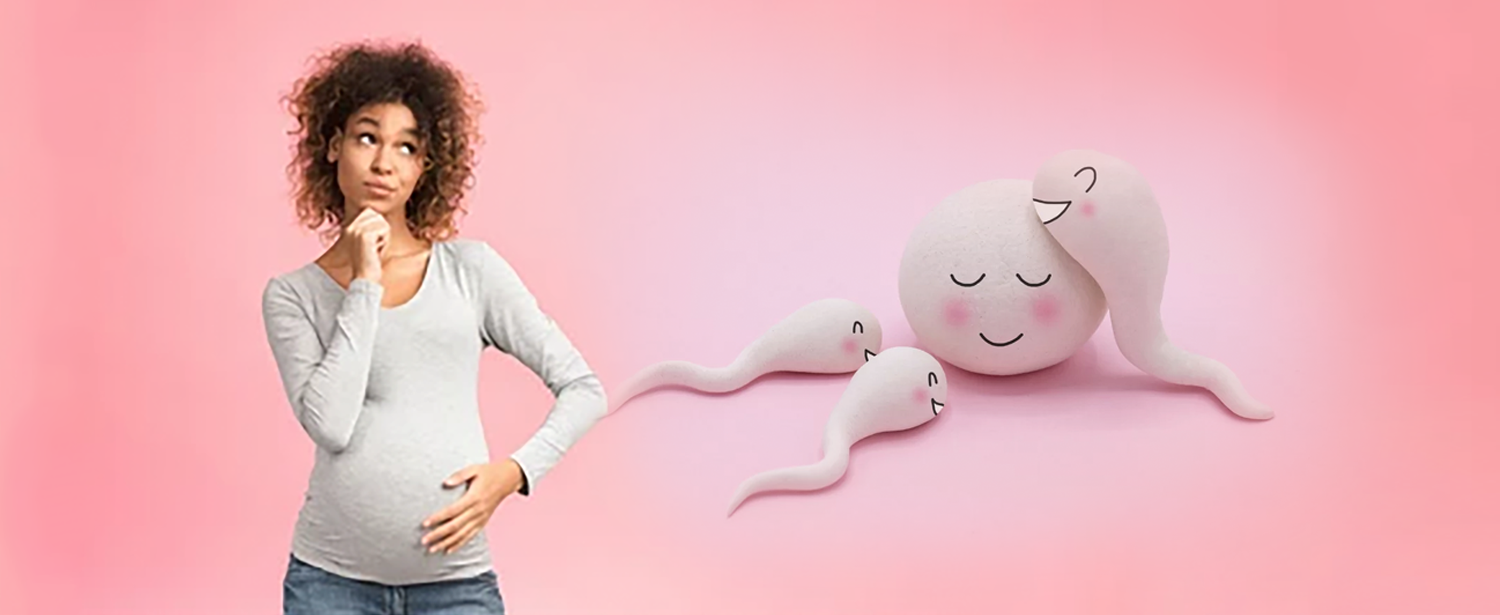There are various reasons that can impact your fertility rate and chances of getting pregnant. In this blog, we aim to cover the most common factors that affect the fertility rate in both men and women.
Age
Age is one of the most important factors impacting your ability to have a baby. With age comes many age-related diseases and reproductive problems that might be a barrier in your family planning. In normal course, woman start producing lesser eggs after they have crossed the age of 35 years, and males too produce lesser number of sperms once they hit 40s. And since, the pregnancy is directly dependent on egg and sperm count, though it takes just one sperm to impregnant a woman, the health of sperms does matter and hence the number, it is quite common among couples to see age related problems in planning a baby.
Lifestyle
Among the various lifestyle issues, smoking, large consumption of alcohol and junk food can impact your bodily health and in turn your fertility. In males, they can impact the semen’s quality, erection and sperm mobility. In women, it can reduce the egg count, lead to irregular menstrual cycles and PCOD (Polycystic Ovarian Disease). Other issues that can creep in due to an unhealthy lifestyle include obesity, heart issues and deficiencies.
Economic and Mental Wellbeing
While lifestyle and age are critical reasons impacting fertility rate, economic and mental wellbeing is another important aspect that could reduce your fertility. A poor economic wellbeing can lead to higher stress levels and anxiety. It can deprive you from good diet and better living. Mental wellbeing which is connected to your economic wellbeing as much as it is to lifestyle and age.




